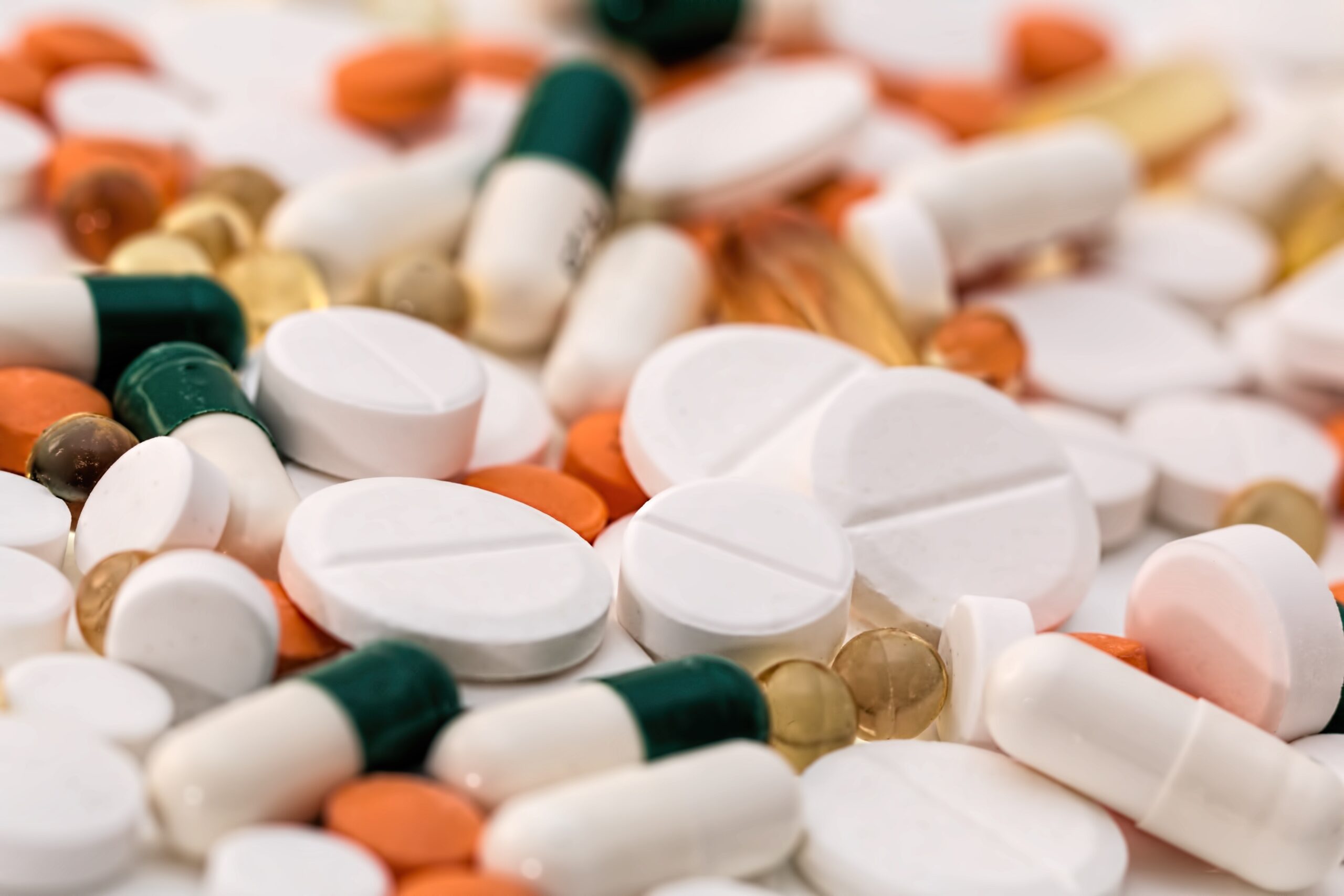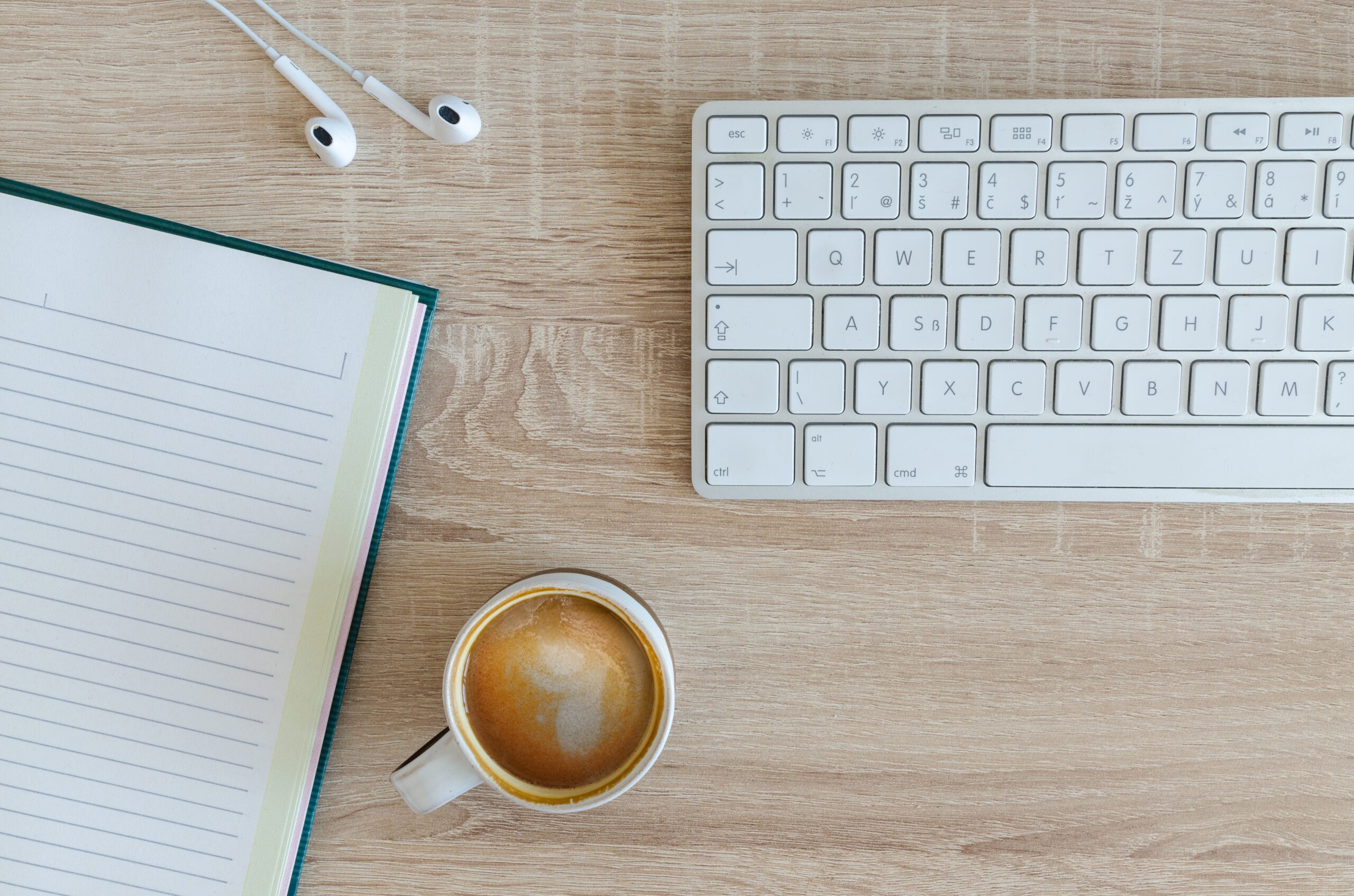Can Caffeine Help with ADHD?
Courtney Cosby | ADD Resources|Updated: April 22, 2025
Table of Contents

Stimulant therapy is the most common treatment for ADHD. Stimulant drugs like Adderall, Dexedrine and Focalin can help people with ADHD to improve their attention span and focus as well as help to control impulsive behavior.
Some studies have examined the impact of caffeine on symptoms of ADHD but results have varied. Although caffeine is considered a stimulant, it is not typically recommended as a form of treatment for attention deficit hyperactivity disorder, due to the fact that it has not been proven to be as effective as prescription medication treatment options.
Caffeine is the most widely used stimulant in the world. As a stimulant, it has a similar effect as the treatment medications for ADD or ADHD. It is found in tea, coffee, soda, chocolate and numerous other foods.

How Caffeine Affects the Body
Each person’s body responds differently to the effects of caffeine. Although the majority of experts consider moderate caffeine consumption to be safe, too much of this natural stimulant can lead to unpleasant side effects such as:
- Muscle tremors
- Upset stomach
- Rapid heartbeat
- Nervousness
- Anxiety
- Restlessness
- Sleeplessness
- Migraines
People who enjoy the benefits of caffeine tout its ability to increase focus and alertness. But caffeine may also be able to boost memory, weaken headaches and even keep certain diseases at bay, including Parkinson’s, Alzheimer’s and cancers.
According to Ari Tuckman, Psy.D., M.B.A. and author of More Attention, Less Deficit: Success Strategies for Adults with ADHD and also Integrative Treatment for Adult ADHD: A Practical, Easy-to-Use Guide for Clinicians, caffeine has a tendency to improve our performance. He also asserts that people who take medication for ADHD may experience a feeling of jitteriness after consuming a lot of caffeine. Plus, some medications interact poorly when combined with caffeine.

Caffeine and ADHD
Anecdotal evidence only remains regarding the effects of caffeine on ADHD. Caffeine is a stimulant that can calm some but it can increase anxiety in other people. But according to studies, many adults with ADHD have reported light to moderate caffeine consumption as a tool for helping to increase focus and concentration. Even parents of children with ADHD have reported seeing firsthand these benefits of caffeine.
It is, however, less likely for people who take stimulant medications to crave caffeine. The amount of caffeine many people with ADHD would need to consume to positively impact their symptoms of ADHD would likely lead to problems with agitation, according to Georgetown Medical Center clinical professor of psychiatry, Larry Silver, M.D. Dr. Silver does not recommend drinking caffeine as a way to treat symptoms of ADHD.
Researchers have been studying to connection between ADHD and caffeine for quite some time, but the actual results remain inconclusive.
One study from 2011, published in the Journal of Medical Hypotheses and Ideas, states that consumption of tea may be an effective option for the treatment of attention deficit hyperactivity disorder in adults.
Another 2011 study noted a significant amount of improvement in ADHD in rats who were given caffeine.
A review study from 2014, which was published in Psychopharmacol, suggested that further investigation take place regarding the therapeutic potential of caffeine as a treatment option or adjunctive agent in patients with ADHD.
Conversely, a study from 2013, published in European Neuropsychopharmacology, makes an assertion that caffeine might be useful as a treatment option for those with ADHD or ADD because the stimulant seems to normalize dopamine levels as well as improves attention in ADHD patients.
Although caffeine is similar to medications for ADHD, there are a few reasons it may not be as effective:
- Caffeine by itself might not be significant enough to treat symptoms of ADHD. Prescription stimulant medications for ADHD contain higher and more controlled doses of stimulants known to help with ADHD. Foods and drinks with caffeine may not provide a sufficient dosage of stimulants to help – especially with those who have severe ADHD.
- The amount of caffeine content varies between food and drink products. A patient may not be aware of how much caffeine they are getting from a certain food or drink. Even a cup of coffee from one bag can be brewed with variations in caffeine content from one cup to the next.
- Taking ADHD medications in combination with caffeine can lead to stimulant overload, which can increase risks of adverse side effects.
How Much Caffeine is Safe to Drink?
According to the Mayo Clinic out of Rochester, Minnesota, 400 milligrams of caffeine consumption is safe for an adult on a daily basis. This amount equates to roughly four cups of coffee.
When it comes to children, the maximum amount of caffeine intake varies by age. Children who are 4 to 6 years old max out at 45 milligrams per day (which is just under half of an 8 ounce cup of coffee) while those who are 10 to 12 years old can have about 85 milligrams (about one 8 ounce cup) each day.
Women who are pregnant or those who are trying to conceive should limit their daily caffeine consumption to no more than 300 milligrams of caffeine per day.

Risks of Stimulants for ADHD
Stimulants, including caffeine, for ADHD can be an effective and safe treatment option – but they are not always safe for everyone. Some people respond negatively to caffeine, including those who experience:
- Kidney disease
- Anxiety disorders
- High blood pressure
- Heart disease
- Glaucoma
- Liver disease
Other negative reactions that people sometimes experience with stimulant medications include:
- Reduced appetite
- Stomach ache
- Difficulty sleeping
- Irritability or anxiety
- Headaches
- Tics or sudden repetitive sounds or movements
- Tremors or shaking
Some sources state that caffeine is an effective treatment option for ADHD while others suggest that it can reduce behaviors associated with ADHD. Others state that more research is necessary. Some doctors believe that caffeine is strong enough to treat ADHD alone. It is best to talk to a doctor before choosing to administer caffeine to yourself or someone you care for as a treatment for ADHD.

Get More Focused Today
Enter your email below for instant access to 5 strategies for unleashing your ADD and ADHD.